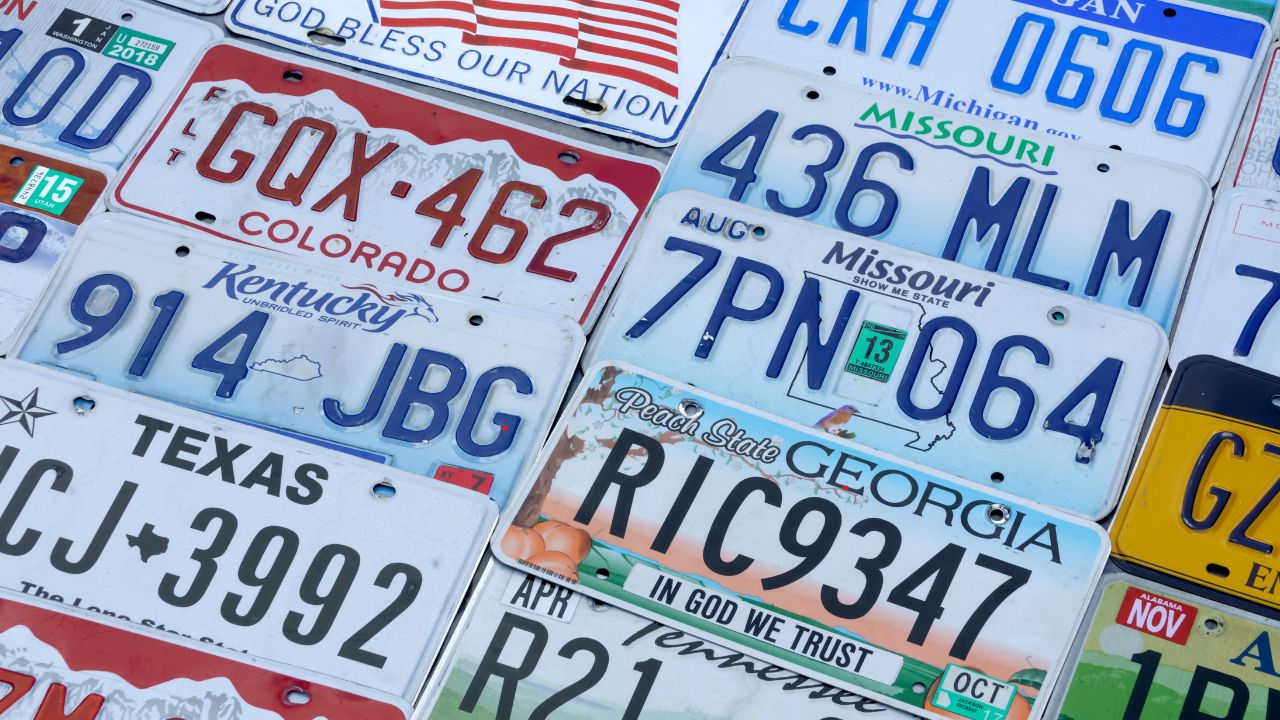When buying a used car in Georgia, it’s important to understand the legal requirements and protections available to you. Whether you’re purchasing from a dealership or a private seller, being informed can save you from potential headaches down the road. This guide will walk you through Georgia’s used car laws, including lemon laws, title transfers, and warranties, to help you navigate the process with confidence.

Understanding Georgia’s Lemon Laws
Georgia’s Lemon Law is designed to protect consumers from defective new vehicles, but what about used cars? While the Lemon Law primarily applies to new vehicles, used cars aren’t entirely without protection. Georgia’s Uniform Commercial Code (UCC) offers some level of security for used car buyers.
What Does the UCC Cover?
The UCC provides an “implied warranty of merchantability” for used cars purchased from a dealer. This means the vehicle should be fit for ordinary driving purposes. However, this protection doesn’t apply to cars bought “as-is” or from private sellers. If you buy a car “as-is,” you’re accepting the vehicle in its current condition, with no warranty from the seller.
Key Points to Remember:
- Dealer Sales: The UCC applies if you buy from a dealer, offering an implied warranty unless the car is sold “as-is.”
- Private Sales: Vehicles purchased from private sellers generally do not include any warranties.
- “As-Is” Sales: No legal recourse for issues after purchase unless there was fraud involved.
Title Transfers: Essential Steps
When you purchase a used car in Georgia, transferring the title is a critical step. This process ensures that the vehicle is legally yours and helps you avoid potential legal complications.

Steps to Transfer a Title
- Get the Title from the Seller: Make sure the seller provides you with the vehicle’s title. Both you and the seller must sign the title to transfer ownership.
- Complete the Title Application: Fill out a title application at your local County Tag Office. You’ll need to provide proof of identity, the bill of sale, and the signed title.
- Pay the Title Fee: A title fee will be required during the transfer process. Be sure to check with your County Tag Office for the exact amount.
- Register the Vehicle: Once the title is transferred, you’ll need to register your vehicle. This involves paying registration fees and possibly passing an emissions test.
Warranties: What You Need to Know
When buying a used car, understanding warranties is crucial. While new cars come with manufacturer warranties, used cars may have different types of coverage, or none at all.
Types of Warranties
- Manufacturer’s Warranty: If the used car is still within the original manufacturer’s warranty period, you may benefit from this coverage. Always check the vehicle’s warranty status before purchasing.
- Dealer Warranty: Some dealers offer limited warranties on used cars. These warranties can cover certain repairs for a specified period.
- Extended Warranty: Buyers may also have the option to purchase an extended warranty, which covers the vehicle beyond the manufacturer’s warranty period. It’s important to read the terms carefully to understand what is covered.
Things to Consider:
- Check Existing Warranties: Before buying, inquire if any warranty coverage remains on the vehicle.
- Read the Fine Print: Make sure to understand the scope of any warranty offered by the dealer.
Using a License Plate Lookup in Georgia
Before finalizing your purchase, conducting a license plate lookup Georgia residents trust can provide you with valuable information about the vehicle. This tool allows you to check the car’s history, including past accidents, title status, and any existing liens.

Benefits of a License Plate Check
A license plate check can reveal crucial details that might not be immediately apparent during a physical inspection. It can help you verify the vehicle’s mileage, ownership history, and whether it’s been reported stolen. This extra step can give you peace of mind, knowing that you’re making an informed purchase.
How to Perform a License Plate Lookup:
- Find a Reputable Service: Many online services offer license plate lookup tools. Choose one that is reputable and trusted.
- Enter the License Plate Number: Simply input the license plate number, and the service will pull up the relevant information.
- Review the Report: Carefully review the report to ensure there are no red flags, such as accident history or title issues.
Final Thoughts
Buying a used car in Georgia involves more than just finding the right vehicle at the right price. Understanding the state’s laws regarding lemon law protections, title transfers, and warranties can help you make a well-informed decision. Additionally, utilizing a license plate check can reveal hidden issues and protect you from potential problems.
Remember: Always take your time, ask questions, and gather as much information as possible before making your purchase. Being informed is the best way to ensure that your used car purchase is a smooth and successful experience.